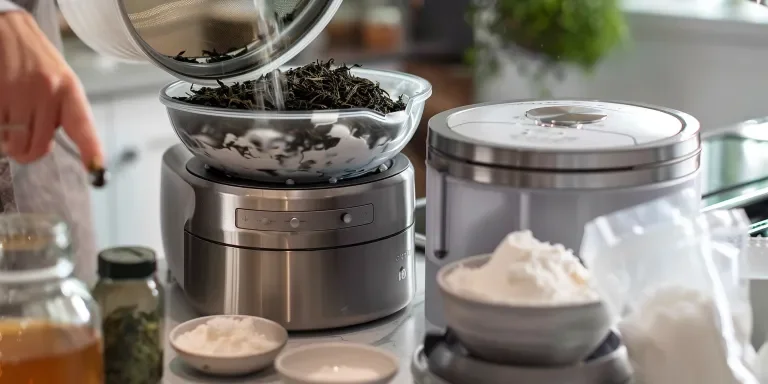The quest for the perfect ice cream machine can be as nuanced and varied as the flavors of ice cream themselves. Whether you’re a culinary enthusiast looking to explore homemade delights or a business owner aiming to expand your dessert offerings, understanding the intricacies of ice cream machines is crucial. This article aims to shed light on the five key areas that users find most important when selecting an ice cream machine, breaking down complex details into understandable insights.
Table of Contents:
1. Types of ice cream machines
2. Capacity and production speed
3. Ease of use and cleaning
4. Energy efficiency and sustainability
5. Cost considerations
Types of ice cream machines:
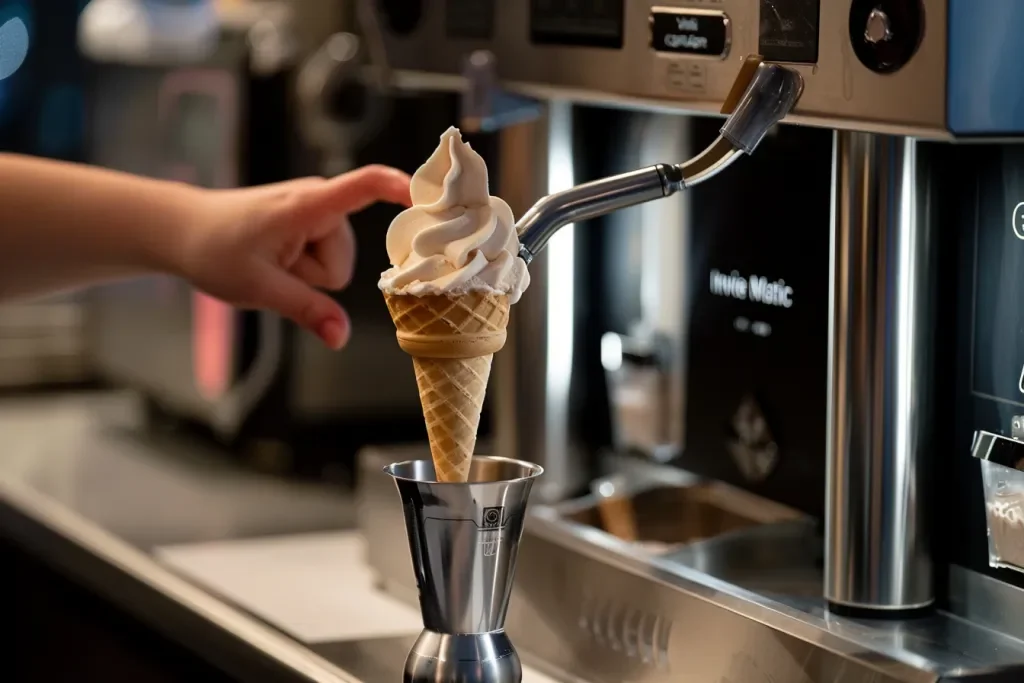
Ice cream machines come in various shapes and sizes, each designed for specific needs and outcomes. Broadly speaking, there are two main types: batch freezers and soft serve machines. Batch freezers are ideal for producing artisanal, high-quality ice cream in large quantities, whereas soft serve machines are tailored for serving ice cream directly to the consumer in a softer, creamier form. Understanding the differences between these types can help you align your purchase with your culinary goals or business model.
Capacity and production speed:
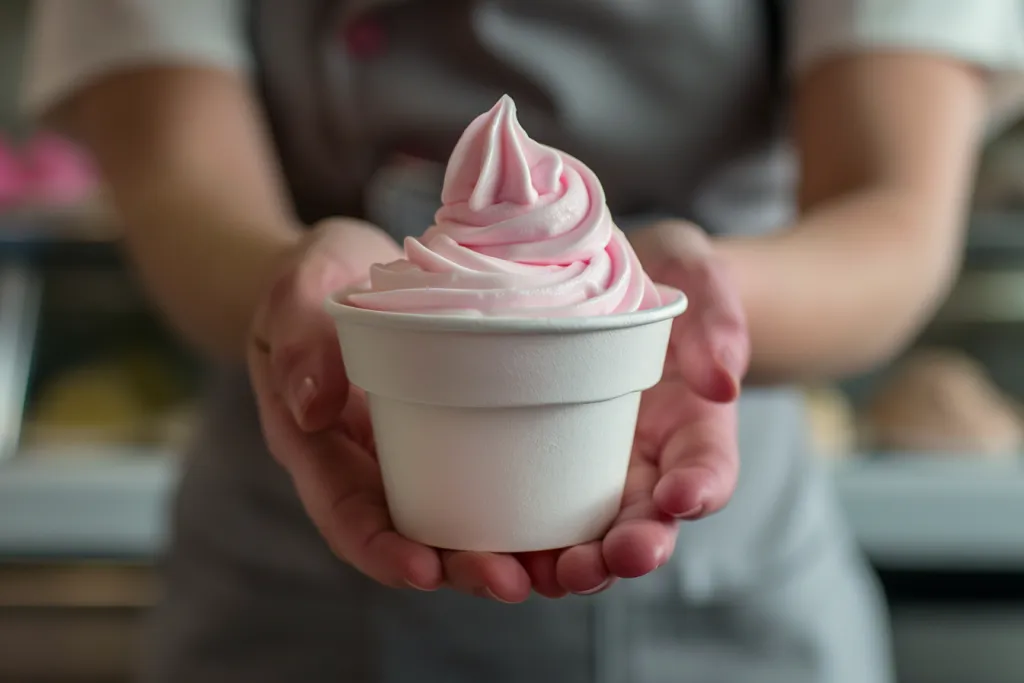
The capacity and production speed of an ice cream machine directly impact its efficiency and suitability for your needs. Machines vary widely in their output, from small, home-use models that make a few quarts at a time to large, commercial-grade machines that churn out gallons per hour. Consider how much ice cream you plan to produce and how quickly you need it made. For businesses, machines with higher production capacities and faster speeds can meet peak demand periods without compromising on quality.
Ease of use and cleaning:
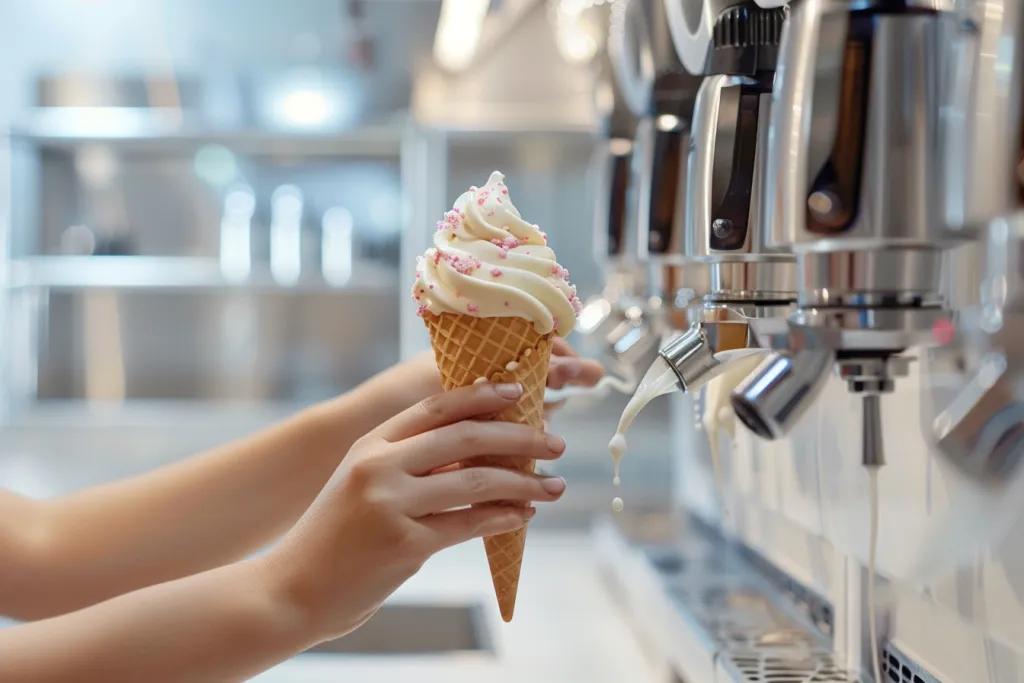
An ice cream machine’s usability and maintenance requirements are critical factors in its overall appeal. Machines that are straightforward to operate and clean can save valuable time and reduce the risk of operational errors. Look for models with intuitive controls, clear instructions, and removable parts that are dishwasher safe. These features not only enhance the user experience but also ensure the longevity and hygiene of the machine.
Energy efficiency and sustainability:
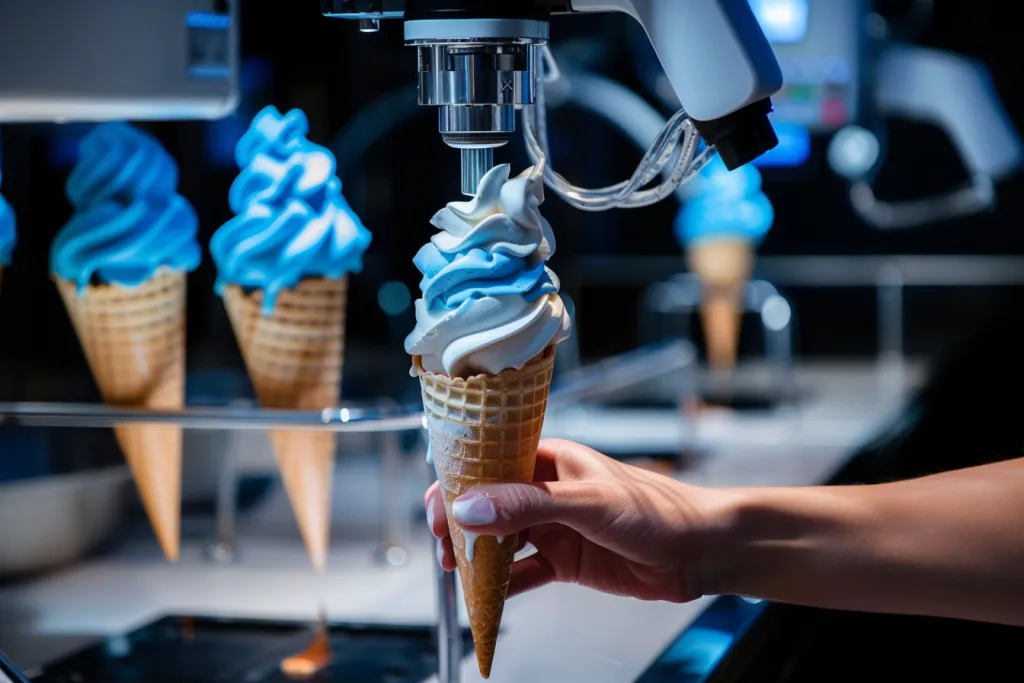
In today’s environmentally conscious market, the energy efficiency of an ice cream machine is a significant consideration. Machines that consume less power not only reduce operational costs but also align with sustainability goals. Additionally, models that use eco-friendly refrigerants or have been designed with energy-saving modes contribute to a lower carbon footprint. When evaluating machines, consider their energy ratings and any eco-friendly certifications they may have.
Cost considerations:
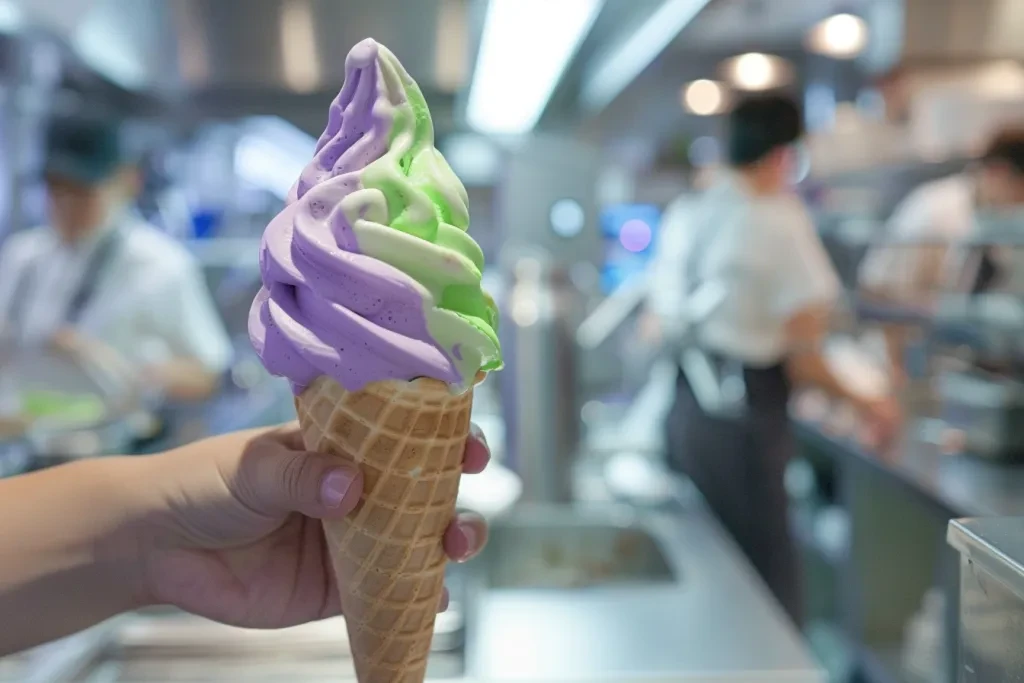
Finally, the cost of an ice cream machine encompasses more than just its purchase price. Operational expenses, including energy consumption, maintenance, and ingredient costs, all play a role in the total cost of ownership. High-quality machines may come with a higher upfront cost but can offer greater efficiency and longevity, potentially leading to savings over time. Weighing the initial investment against the long-term benefits is essential for making a financially sound decision.
Conclusion:
Selecting the right ice cream machine involves careful consideration of various factors, from the type and capacity to ease of use, energy efficiency, and cost. By understanding these key areas, you can make an informed decision that meets your needs and delights your taste buds or customers. Remember, the goal is not just to make ice cream but to craft experiences that bring joy with every scoop.
